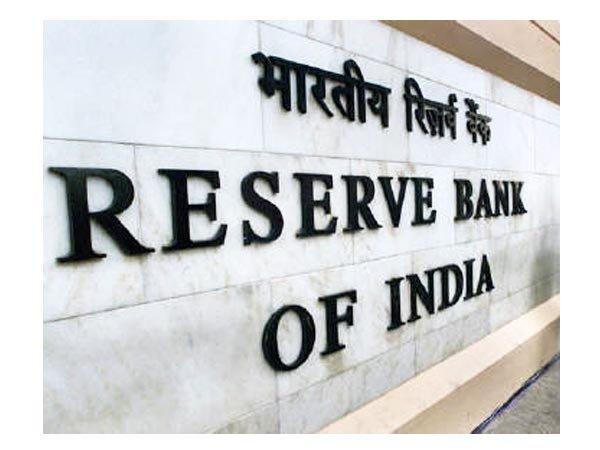RBI to review and strengthen the Risk Based Supervision (RBS) of the banking sector
The Reserve Bank has agreed to examine and improve the banking sector's Risk Based Supervision (RBS) in order to help financial industry operators to deal with rapid risk challenges. The risk-based supervision mechanism ('RBS') is a systematic process for identifying the most critical threats that an individual bank faces as well as systemic risks in the financial sector. The RBI supervises banks, urban cooperative banks, non-banking financial companies, and all India financial institutions using the RBS model, which includes both qualitative and quantitative elements. The RBI said while seeking proposals from technical experts/consultants to help banks move forward with the mechanism that "It is now intended to review the supervisory processes and mechanism in order to make the extant RBS model more robust and capable of addressing emerging challenges, while removing inconsistencies, if any."

The supervisory roles relating to commercial banks, UCBs, and NBFCs are now unified, with the aim of standardising the supervisory framework depending on the activities/size of the supervised bodies, according to the Expression of Interest (EOI) for 'Consultant for Review of Supervisory Models' (SEs). It also stated that "It is intended to review the existing supervisory rating models under CAMELS approach for improved risk capture in forward looking manner and for harmonising the supervisory approach across all SEs."
The CAMELS model is used to evaluate UCBs and NBFCs on an annual basis (Capital Adequacy, Asset Quality, Management, Earnings, Liquidity, and Systems & Control). To secure depositors' interests and financial security, the RBI supervises SEs with the aim of evaluating their financial health, solvency, asset quality, governance framework, liquidity, and operational stability. The Reserve Bank supervises banks by off-site surveillance and an annual audit, where necessary.
It supervises urban cooperative banks (UCBs) and non-banking financial companies (NBFCs) using a blend of off-site surveillance and on-site inspection, if required. The documents submitted by the applicants in accordance with the EOI will be examined by a technical advisory committee made up of senior RBI employees. According to the EOI, the consultant will be required to work closely with officials of the RBI's Department of Supervision in Mumbai.































